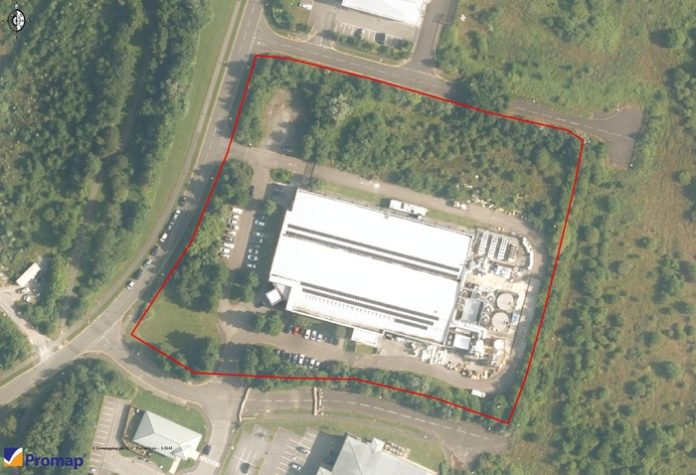Online purchasing and the push for next day delivery has led to notable growth in the industrial and logistics market and Wales has proved to be one of the UK’s strongest performers, Lambert Smith Hampton’s annual report has revealed.
But what will it take to keep pace with ongoing changes in retail and what might threaten the sector’s success?
First, some statistics on how Wales performed last year. It saw take-up of 5.1m sq ft which was 12% higher than 2016 and 9% above the five‑year average, whilst 2017 was also a record year for grade A take-up, at 0.7m sq ft. However, supply fell by 21%, the sharpest contraction of any UK region.
So, should investors simply take advantage of trends in ecommerce and look to build? “To secure long-term success,” advises Jason Thorne of LSH’s Swansea-based industrial team, “investors will need to be aware that the equation is not so simple.
“To succeed and command a premium, landlords and developers will need to collaborate with customers and be focused on what their business will need. Start with what the customer wants, understand what the business will look like in the foreseeable future and then work backwards to find the right solution.”
Logistics are now critical to how companies manage their supply chains and handle ever greater parcel volumes. To be future proof means building an infrastructure able to respond to innovation, in automation and technology, as ever-greater efficiencies and ‘smart supply chain solutions’ are developed. Sustainability matters too, ensuring that occupiers can manage and reduce energy costs.
Whilst developers can actively work with businesses to ensure their industrial and logistic spaces are fit for purpose, the development of road infrastructure will determine its success too.
Newport saw strong growth of 5.9% and the removal of the Severn Bridge tolls is set to further boost the sector. But those gains will not be fully realised until the M4 Relief Road is constructed, relieving current congestion pressures.
Wales has performed strongly and the sector can continue to do so if it addresses a shortage of supply with smart, sustainable and customer-focused solutions.




















